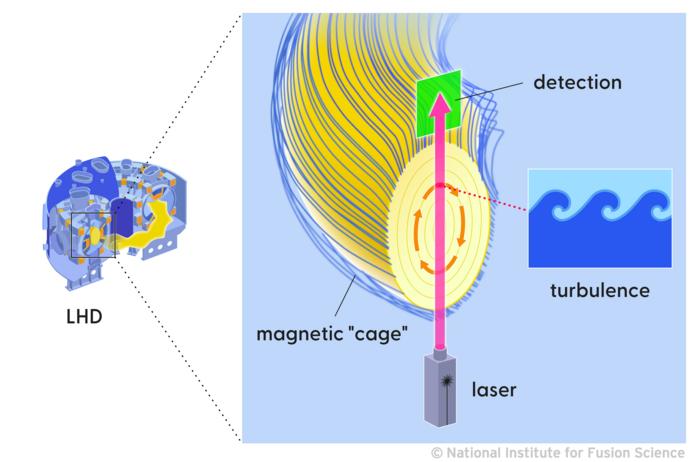Personality and mental health factors linked to vaping uptake
University of Otago researchers have discovered three psychological factors that predict if a non-smoker will start vaping. Credit: University of Otago University of Otago researchers have discovered three psychological factors that predict if a non-smoker will start vaping. The study, published in the journal Drug and Alcohol Review, investigates how psychological traits related to personality […]

University of Otago researchers have discovered three psychological factors that predict if a non-smoker will start vaping.

Credit: University of Otago
University of Otago researchers have discovered three psychological factors that predict if a non-smoker will start vaping.
The study, published in the journal Drug and Alcohol Review, investigates how psychological traits related to personality and mental health predict the likelihood of vaping uptake over time in non-smoking adults.
Researchers, led by Professor Tamlin Conner of the Department of Psychology and Andre Mason of the Department of Psychological Medicine, analysed longitudinal data of more than 36,000 New Zealand adults from the New Zealand Attitudes and Values Study (NZAVS).
They found people who reported greater mental distress, lower self-control, and more social tendencies (higher “extraversion”) were more likely to take up vaping as non-smoking adults, compared to people with better mental health, higher self-control, and less social tendencies.
Professor Conner says the results show that “psychological factors matter in shaping health behaviours, including vaping”, which could have implications for interventions.
“Interventions to prevent vaping uptake among non-smoking adults could be more effective if they address mental health, self-control, or social factors,” she says. “For example, one could tailor interventions to appeal to at-risk individuals, providing them with additional support to prevent vaping initiation.
“Similarly, interventions and funding to improve mental health could have flow-on benefits to reducing vaping.”
Professor Conner says the reasons people start vaping are complex and vary greatly.
People experiencing mental distress may turn to substances to ease their pain, those with low self-control find it harder to resist temptation, and extraverted people are more likely to be in social settings where vaping is more common or use it to connect socially.
“New Zealanders are taking up vaping without having been smokers, which may expose them to unnecessary risks,” she says.
“This may be particularly true for psychologically vulnerable or highly social people.”
Surprisingly, these psychological factors predicted vaping uptake more than many sociodemographic factors.
People who initially did not smoke or vape were over 40 per cent more likely to start vaping if they experienced greater mental distress, compared with a 7 per cent increase due to economic deprivation.
Lower self-control and higher extraversion were linked with 21 and 9 per cent increases, respectively.
“This was unexpected because sociodemographic characteristics are usually very strong drivers of substance use.”
Professor Conner hopes the findings make people aware of how their own psychological traits, and those of the people around them, may make vaping appealing.
* Researchers noted some limitations of the study – the sample was overly represented by middle-aged adults of whom 81 per cent were New Zealand European. They were unable to model predictors of vaping uptake among young people in this sample.
Journal
Drug and Alcohol Review
DOI
10.1111/dar.13822
Method of Research
Data/statistical analysis
Subject of Research
People
Article Title
Psychological predictors of vaping uptake among non-smokers: A longitudinal investigation of New Zealand adults
Article Publication Date
4-Mar-2024
What's Your Reaction?

































